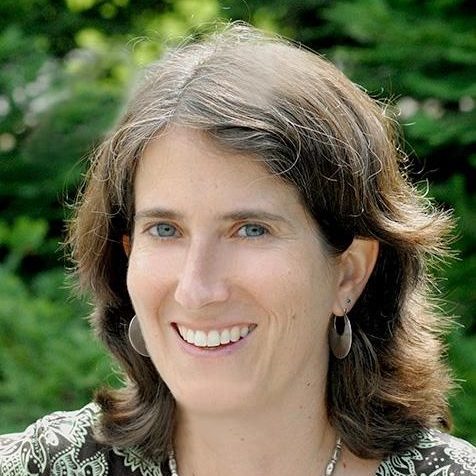Community Engagement Core: Advancing California’s Human Right to Water through the Water Equity Science Shop (WESS)
Summary
The Water Equity Science Shop (CEC-WESS) of the UC Berkeley Superfund Research Center seeks to address drinking water quality problems in California that exist despite sophisticated statewide water infrastructure and federal and state water quality laws. Industrial and agricultural activities in the state have led to elevated levels of chemical contaminants in drinking water such as nitrate, arsenic, pesticides, and CrVI. Among socioeconomically disadvantaged communities, degraded infrastructure, and a lack of resources to treat contamination result in drinking water that does not meet regulatory standards for health and safety. Residents served by water systems with fewer than 5 service connections and those using private wells face even greater challenges, as these systems are not regulated under existing drinking water laws and little monitoring exists to evaluate contamination problems. The fact that communities with elevated contaminants in their drinking water are largely low income and disproportionately Latinx raises environmental justice concerns.
The CEC-WESS will expand its impactful work to address these water equity challenges by leveraging the biomedical and water quality engineering expertise of Berkeley Center to support the priorities of community- based non-governmental organizations and agency stakeholders working to achieve the goals of CA’s Human Right to Water law. The overall approach of the CEC-WESS draws on our prior success at undertaking community-based participatory research that elucidates sustainable and socially-just strategies to improve drinking water quality in partnership with community-based organizations throughout the research process. In partnership with the Community Water Center (CWC), the CEC-WESS will significantly expand CWC’s Drinking Water Tool (DWT), an interactive web-based tool, that identifies communities vulnerable to challenges in meeting CA’s Human Right to Water. We will develop and integrate new data layers to identify drinking water threats from PFAS sources (e.g., airports, landfills), agricultural pesticide applications, Superfund sites, CAFOS and other sources (Aim 1). This enhanced DWT will be disseminated to agency stakeholders and communities, and leveraged to identify candidate communities for enrollment in a household tap water study conducted through Center Project 1. The CEC-WESS will also support agency efforts to track and evaluate Human Right to Water efforts through creation of community-informed metrics of drinking water quality and accessibility among domestic well communities (Aim 2). Finally, we will develop interactive data tools for water justice organizations and domestic well communities including a free online tool, “What’s in My Well Water? to help individual domestic well owners interpret their water testing results and learn how to reduce exposure to harmful contaminants (Aim 3). Our proposed work will fill key knowledge gaps regarding drinking water quality threats, elucidate effective solutions for domestic well and community water system users, and empower environmental justice communities to take action to reduce their exposure and health risks.
Core Leadership

Dr. Rachel Morello-Frosch
Core Leader
Professor, Environmental Health Sciences, School of Public Health
Professor, Department of Environmental Science, Policy and Management
University of California, Berkeley